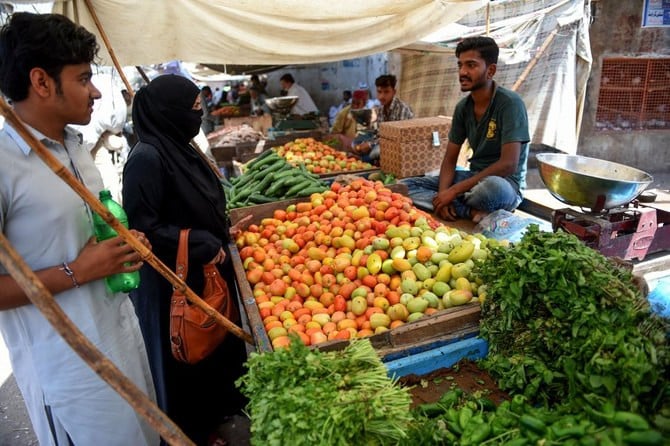
Cracks have started to appear on the external front with the continuation of economic recovery.
Current account deficit (CAD) turned out to be around 4.7% of gross domestic product (GDP) during July-October 2021, which is attributed to a higher merchandise trade deficit. Import growth surpassed export growth with a higher margin.
The import growth is also associated with the current recovery. In a developing economy, raw material and capital goods are imported along with food group items. Demand for all these categories is inelastic.
Apart from these categories, the demand for luxury goods also increases with the continuation of economic recovery.
Although there is merchandise export growth of 32% in the first four months of FY22, the growth does not generate the necessary foreign exchange reserves to finance imported goods.
Analysts, journalists and media commentators are of the opinion that the government should follow an export-oriented strategy by following the examples of Japan, South Korea, Singapore and Taiwan. They even criticise that trade policy remains inclined towards imports for a long period.
In order to promote exports, price mechanism should work efficiently. On this basis, the rupee needs to be devalued to achieve competitiveness in exports.
In the context of developed economies, a flexible exchange rate regime works well and the intended objective of growth is achieved.
In the last few years, proponents of price mechanism have voiced their opinion that export promotion is indispensable in Pakistan and have supported the devaluation of Pakistani rupee vis-a-vis dollar.
On this basis, the State Bank of Pakistan (SBP) has adopted a flexible exchange rate regime since 2019 and the inter-bank rate has crossed 176.
The proponents come up with the usual description that CAD has increased manifold in FY22, which has put pressure on the rupee. They insist that the price mechanism will take time to show its results so the process of reform should keep on going at a reasonable pace.
On the contrary, a chunk of development economists and practitioners have a different perspective on developing an economy.
They are of the opinion that exclusive focus on price mechanism may lead to unacceptable development outcomes, especially inequality of income and wealth. The heightened inequality leads to political instability and unrest.
They further state that ignoring import substitution is an unwise strategy as these industries are a stepping stone for export promoting ones.
For that matter, a managed exchange rate regime is advisable. Moreover, a state should play pivotal role in guiding and facilitating business firms to achieve profit-maximising objectives.
Inflation rate is accelerating owing to bottlenecks faced by the economy. As far as headline inflation is concerned, it is hovering around 9%. However, food inflation has been in double digits since August 2019.
This implies that the agriculture sector is not growing at a decent pace. Our agriculture sector is not producing the exportable surplus required to finance capital goods and raw material.
Therefore, it is acting as a binding constraint on the industrial sector. Although the government imports the agricultural goods that are in short supply to ease supply constraints, this adds to the bourgeoning import bill.
Similarly, the double-digit imported inflation is on the rise as the rupee is depreciating against the US dollar. Inflation remained in single digits from March 2020 to February 2021, which was the period of Covid-19 lockdown.
Interest rates in advanced countries are brought to near zero as speculation in commodities, metals and crude oil has played an important role in jacking up their prices.
In short, the economy is in slumpflation where output is slowly growing along with accelerated inflation. The market-based solution will worsen the ongoing situation and create further worries for policymakers. Let’s see how the economy evolves in coming months.
The writer is the Assistant Professor of Economics at SDSB, Lahore University of Management Sciences (LUMS)
Published in The Express Tribune, December 6th, 2021.
Like Business on Facebook, follow @TribuneBiz on Twitter to stay informed and join in the conversation.


1722586547-0/Untitled-design-(73)1722586547-0-165x106.webp)


1732326457-0/prime-(1)1732326457-0-165x106.webp)

1719053250-0/BeFunky-collage-(5)1719053250-0-270x192.webp)










COMMENTS
Comments are moderated and generally will be posted if they are on-topic and not abusive.
For more information, please see our Comments FAQ